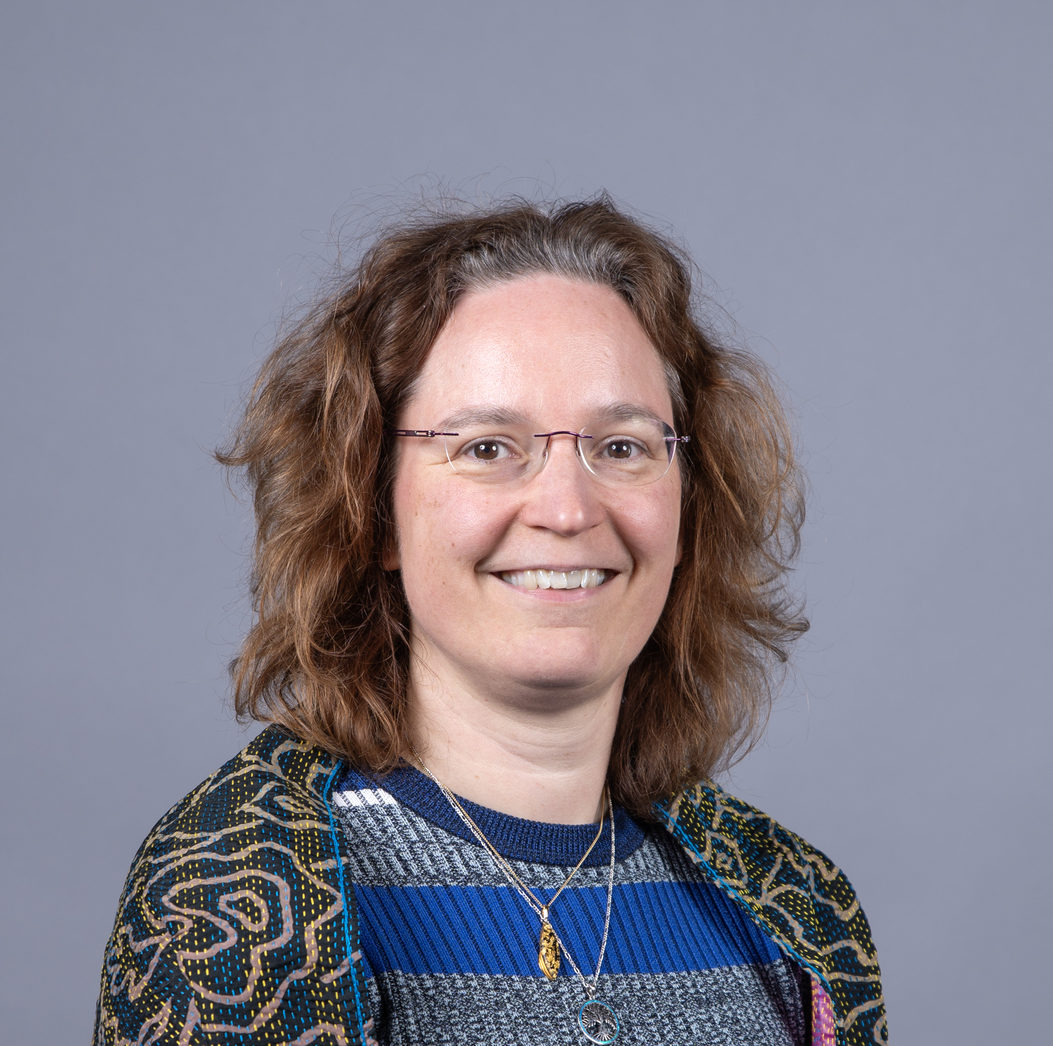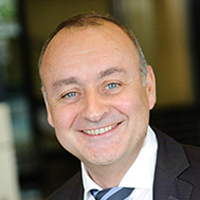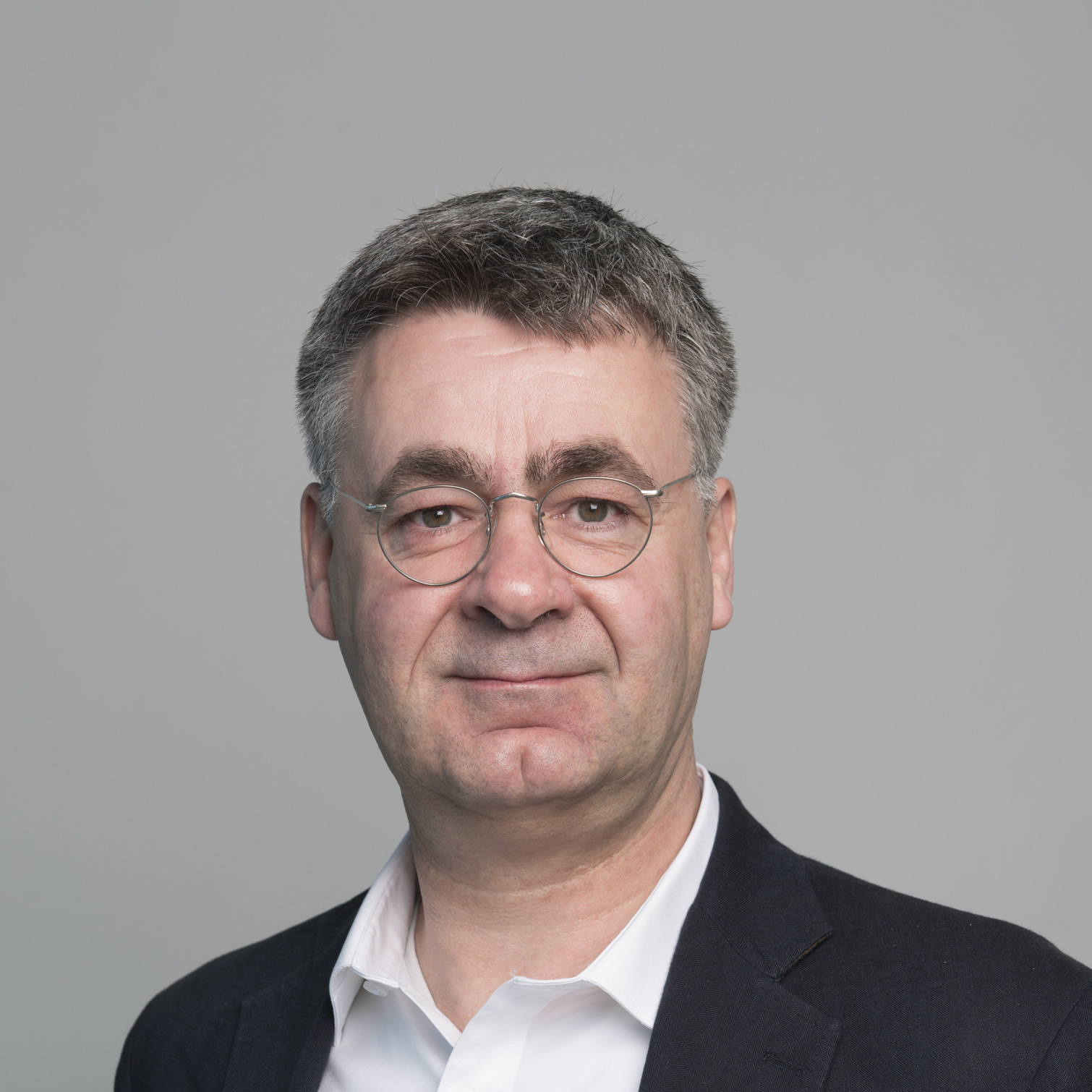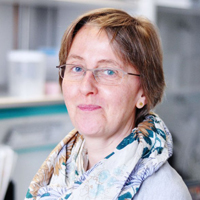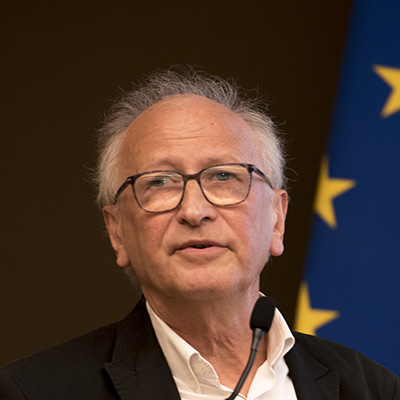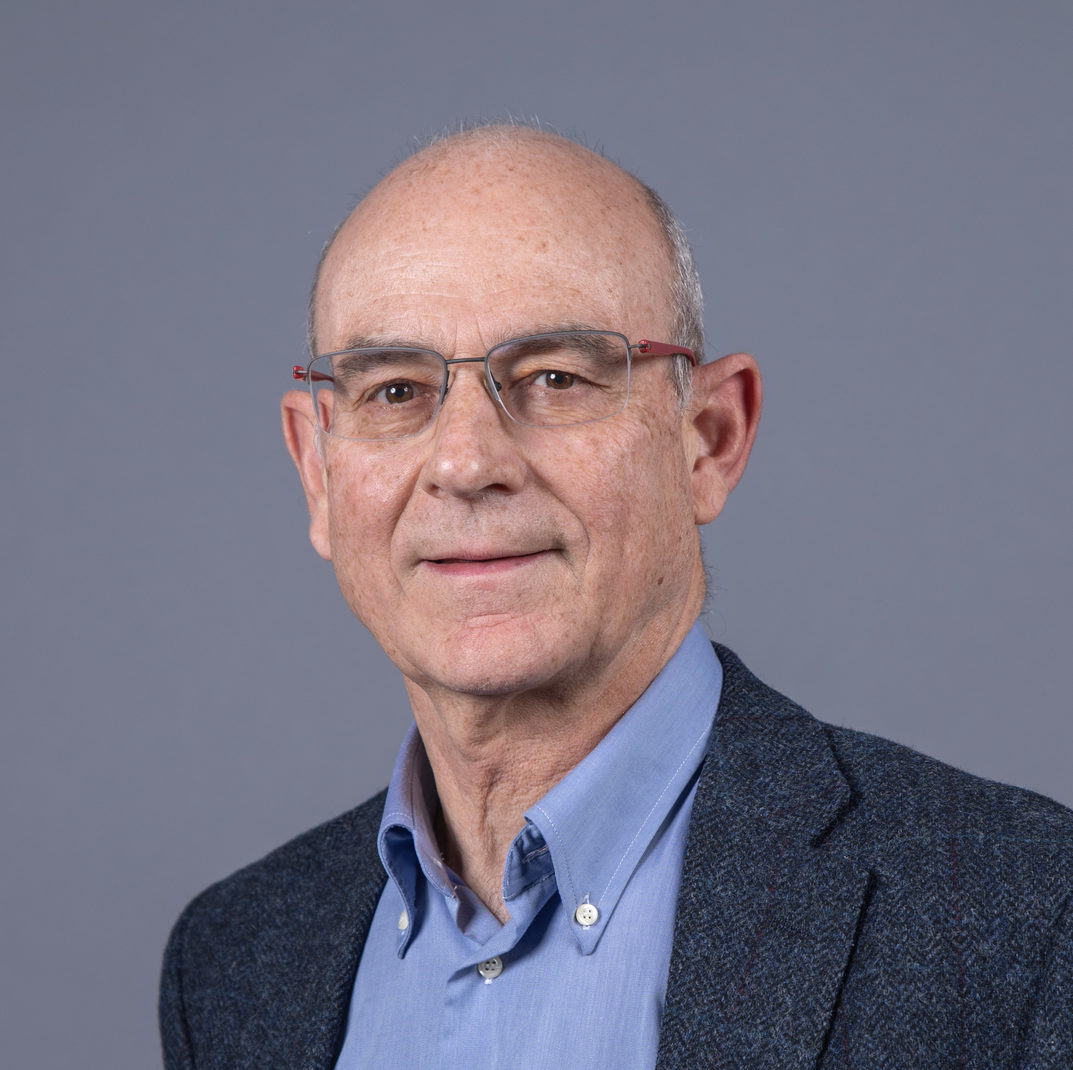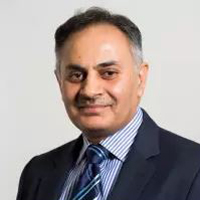-
Annemieke Aartsma-Rus is a professor of Translational Genetics at the Department of Human Genetics of the Leiden University Medical Center. Since 2013, she’s had a visiting professorship at the Institute of Genetic Medicine of Newcastle University (UK). In 2020 she co-founded the Dutch Center for RNA Therapeutics (DCRT), a non-for-profit academic collaboration aiming to develop clinical treatment with exon skipping therapies for eligible patients with unique mutations.
She has published over 220 peer-reviewed papers, 11 book chapters, 15 patents and has edited a book.
She is President of the Oligonucleotide Therapeutics Society (2019-2021), is vice-chair of COST Action CA17103 (Delivery of antisense RNA therapies), chair of the TREAT-NMD Advisory Committee for Therapeutics (TACT) and was Chair of the TREAT-NMD executive committee (2013-2016 and 2019-2020). She is one of the coordinators of the Oligonucleotide Therapeutics Society Taskforce for the development of N-of-1 oligonucleotide treatments and part of the core group of the N-of-1 collaborative and 1 mutation 1 medicine (1M1M) network. -
Paul has more than 30 years of experience in the Pharmaceutical and Biotechnology industry. He started his carrier as Research Scientist in molecular biology at Rhône-Poulenc Santé in charge of development of processes for production of recombinant proteins. Then he contributed to the development and industrialisation of new antibiotics.
Then he was successively managing the process development teams within Aventis Pharma then Sanofi for global Process Development Biotechnology contributing to the transformation from small molecule to biotechnology mainly for Monoclonal Antibodies and Recombinant Proteins.
Over the last 10 years, Paul is within Sanofi Pasteur where he holds different positions in the field of Technology Innovation, Support to Manufacturing and Late-Stage Development and industrialization of Vaccines
Paul holds a Master in Biochemistry and an Engineering degree in Biotechnology from INSA Toulouse. -
Carsten Bonnemann holds a MD from Freiburg University, Germany with a pediatric training and venia legendi (Habilitation) in Germany. In 2002 he joined the Children’s Hospital of Philadelphia/University of Pennsylvania as Assistant Professor, Co-Director of the Neuromuscular Program, and Director of the Neurogenetics Clinic.
He joined NINDS in 2010 as Senior Investigator and Chief of the Neuromuscular and Neurogenetic Disorders of Childhood Section. Dr. Bonnemann studies in particular molecular mechanisms underlying early onset muscle disease (congenital muscular dystrophies, congenital myopathies, and reducing body myopathy). -
Deputy director of the Institute of Experimental Hematology at Hannover Medical School in Germany. She is a key figure in the field of AAV research and capsid engineering and is currently president of the European Society of Gene and Cell Therapy (ESGCT).
-
Alain Fischer obtained his medical degree (pediatrics) in 1979, he became professor of immunology at Paris Descartes University, then in 1991 director of an INSERM unit “Normal and pathological development of the immune system”. He was head of the “Pediatric Immunology and Hematology” unit (UIH) at the Necker Hospital (AP-HP) from 1996 to 2012. In November 2002, he was elected full member of the Academy of Sciences and in 2011 of the Academy of Medicine. He was a member of the National Consultative Ethics Committee from 2003 to 2009. He was the founding director of the Imagine Institute for Genetic Diseases (2007-2016). Alain Fischer was elected as a foreign member of the U.S. National Academy of Medicine in 2017 and of the U.S. Academy of Sciences in 2019. Alain Fischer is an emeritus professor at the Collège de France, Chair of Experimental Medicine. He is President of the strategic committee on the French vaccination programme against Covid (2020-present).
His work has been recognized by numerous awards, including the Jeantet Prize (2001), the INSERM Grand Prix (2008), the Robert Koch Prize (2014), the Japan Prize (2015).
Alain Fischer’s work has been devoted to the study of the human immune system through the characterization of numerous genetic defects and the understanding of their physiopathology. He is the pioneer of gene therapy since 1999. -
Francesco Muntoni is a Professor of Paediatric Neurologist and the Director of the Dubowitz Neuromuscular Centre, at the UCL Great Ormond Street Institute of Child Health and Great Ormond Street Hospital for Children, London, UK. In the Institute and hospital he is Theme Lead in the Novel Therapies of the Biomedical Research Centre and between 2008 and 2017 led the Developmental Neuroscience Programme. Since 2008 he is the co-directed the MRC Centre for Neuromuscular Diseases at UCL.
Muntoni has an interest in pathogenesis, deep phenotyping, gene identification for rare neuromuscular conditions and translational research in DMD, SMA and congenital myopathies. He is involved in several natural history studies and clinical trials. His research funded by the Department of Health, MRC and the European commission lead to the development and early clinical trials of 2 morpholino antisense oligonucleotides, now approved by FDA, that induce partial correction of the processing defect of the DMD gene in boys with Duchenne muscular dystrophy. -
Professor of Haematology at the UCL Cancer Institute
Director of the Katharine Dormandy Haemophilia Centre at the Royal Free London NHS Foundation Trust
Founder, Clinical and Scientific Adviser and Director of FREELINE
Prof. Nathwani graduated with MBChB from the University of Aberdeen in 1984 and is a fellow of the Royal College of Physician since March 1988 as well as the Royal College of Pathologist since June 1995. He is renowned for his pioneering work on gene therapy for hemophilia B, and was first to show successful correction of bleeding diathesis in patients with severe hemophilia B.

